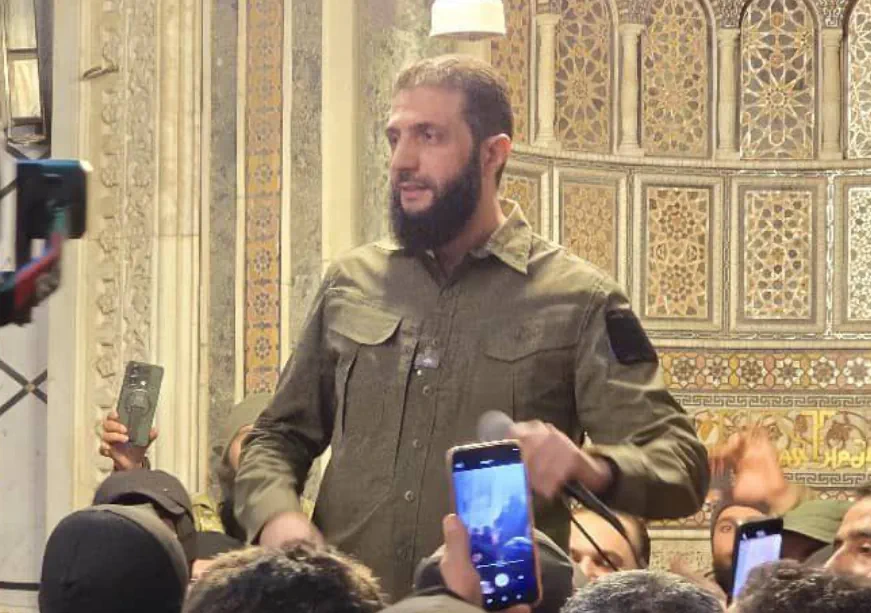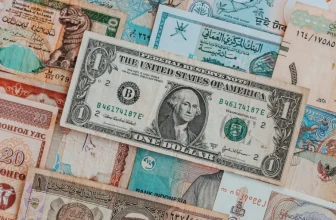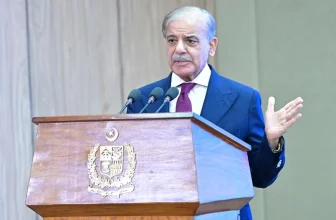Who is Abu Mohammed al-Golani: The rebel leader who toppled Assad

Abu Mohammed al-Golani, the militant leader whose forces recently ousted Syrian President Bashar al-Assad, has undergone a dramatic transformation over the years. Once a key figure in al-Qaeda, Golani has worked to rebrand himself as a leader aiming to build a pluralistic and tolerant Syria. Known by his real name, Ahmad al-Sharaa, in recent days, he is now at the center of the post-Assad era in Syria.
Golani’s journey began in 2003 when he joined extremist groups fighting U.S. forces in Iraq. Detained by the U.S. military, he remained in Iraq and later joined al-Qaeda’s operations under Abu Bakr al-Baghdadi. In 2011, during the early days of Syria’s uprising against Assad, Golani was tasked by al-Baghdadi to establish the Nusra Front, al-Qaeda’s Syrian branch.
Also Read:
As the Syrian conflict intensified, Golani’s ambitions grew. He refused al-Baghdadi’s directive to merge the Nusra Front with the Islamic State of Iraq, leading to a split that would see the rise of ISIS. The Nusra Front, under Golani’s leadership, battled ISIS while consolidating power among Syria’s rebel factions.

In 2016, Golani announced that the Nusra Front would sever ties with al-Qaeda, renaming it Jabhat Fateh al-Sham (Syria Conquest Front). A year later, his group rebranded again as Hayat Tahrir al-Sham (HTS), consolidating power in Syria’s northwest Idlib province. These moves allowed Golani to present his group as a localized Syrian force, distinct from global jihadist movements.
Golani’s public image began to shift as well. Once known for his militant rhetoric and covered face, he started appearing in suits and speaking about pluralism and tolerance. In a 2021 interview with PBS, Golani stated that his group posed no threat to the West and called sanctions against HTS unjust. He emphasized a vision for Syria with decentralized governance that respects its diverse communities.
Golani’s leadership was pivotal in the rebels’ recent capture of Damascus, which ended decades of Assad family rule. HTS emerged as the dominant force, thanks to years of strategic consolidation under Golani. While his group’s history as a former al-Qaeda affiliate raises concerns, Golani has worked to reassure Syria’s minorities, including the Druze and Kurds, of their safety and inclusion in a post-Assad Syria.
In an interview with CNN last week, Golani stressed the importance of institutional governance, stating, “Syria deserves a governing system that is institutional, not one where a single ruler makes arbitrary decisions.” He also suggested that HTS could be dissolved in the future to allow for a more inclusive government.
Golani and his insurgents now face the immense challenge of governing a fractured Syria. The country is home to diverse ethnic and religious communities, many of which fear the possibility of Islamist dominance. Syria’s new leadership will also need to navigate the influence of foreign powers, including Russia, Iran, Turkey, and the United States.
Despite his efforts to distance himself from his militant past, the United States continues to label Golani a terrorist, with a $10 million bounty on him. His leadership in Syria’s post-Assad era will be closely scrutinized as he attempts to balance his past with the demands of building a stable and inclusive nation.
Read all the Breaking News Live on pakistantimes.com and Get Latest English News & Updates from Pakistan Times. Follow us on Whatsapp channel for more.









